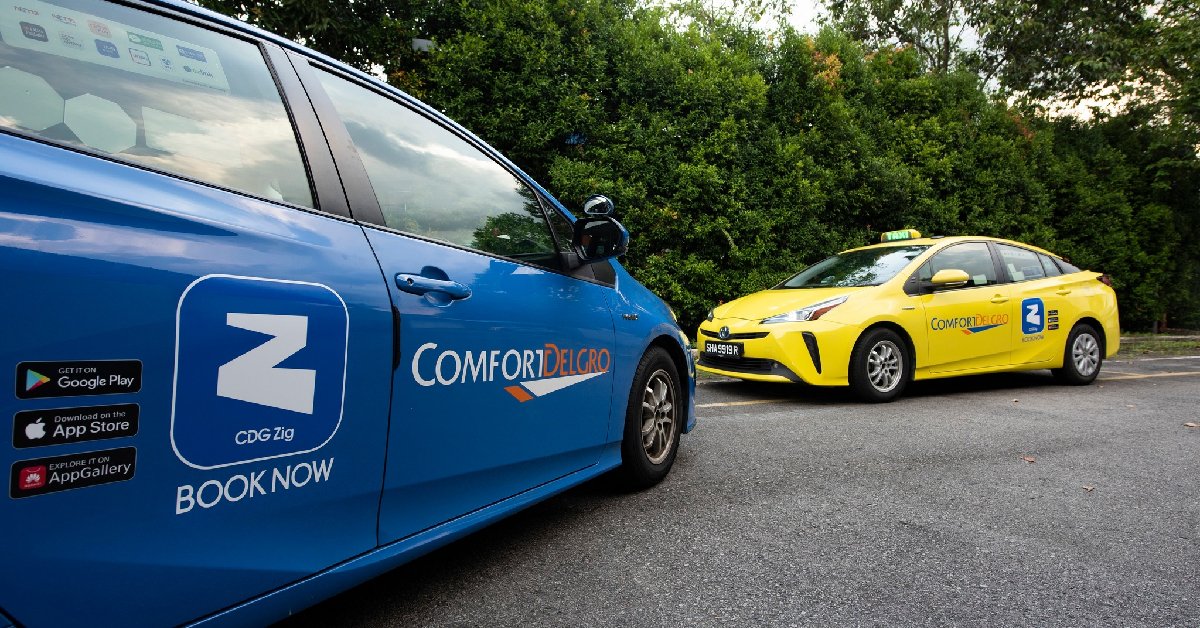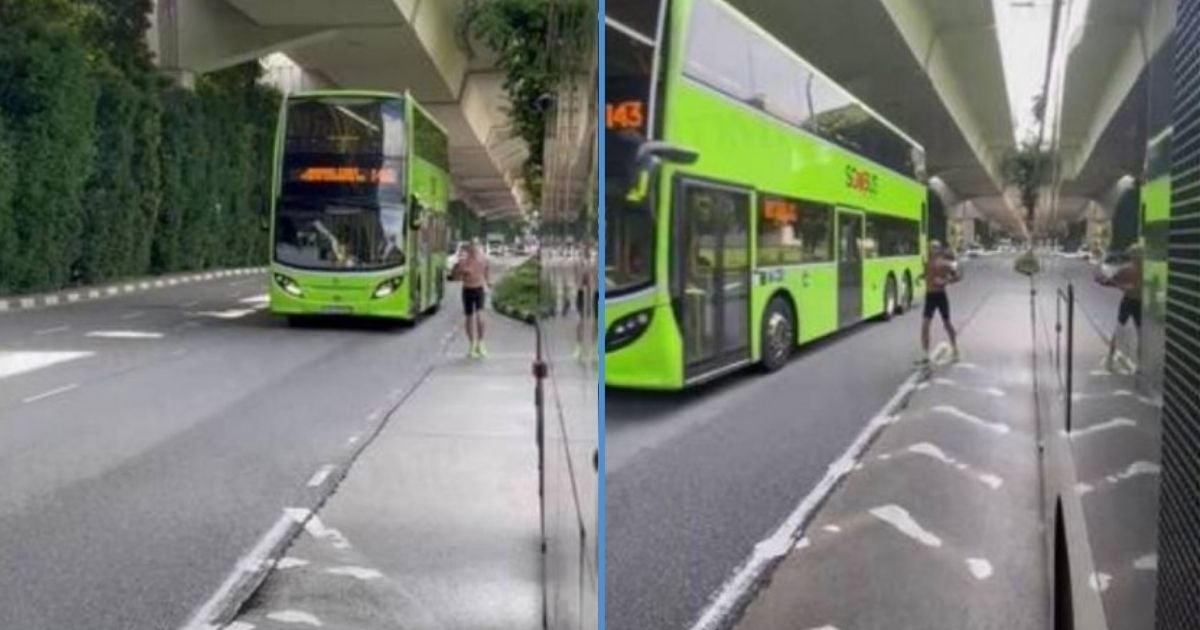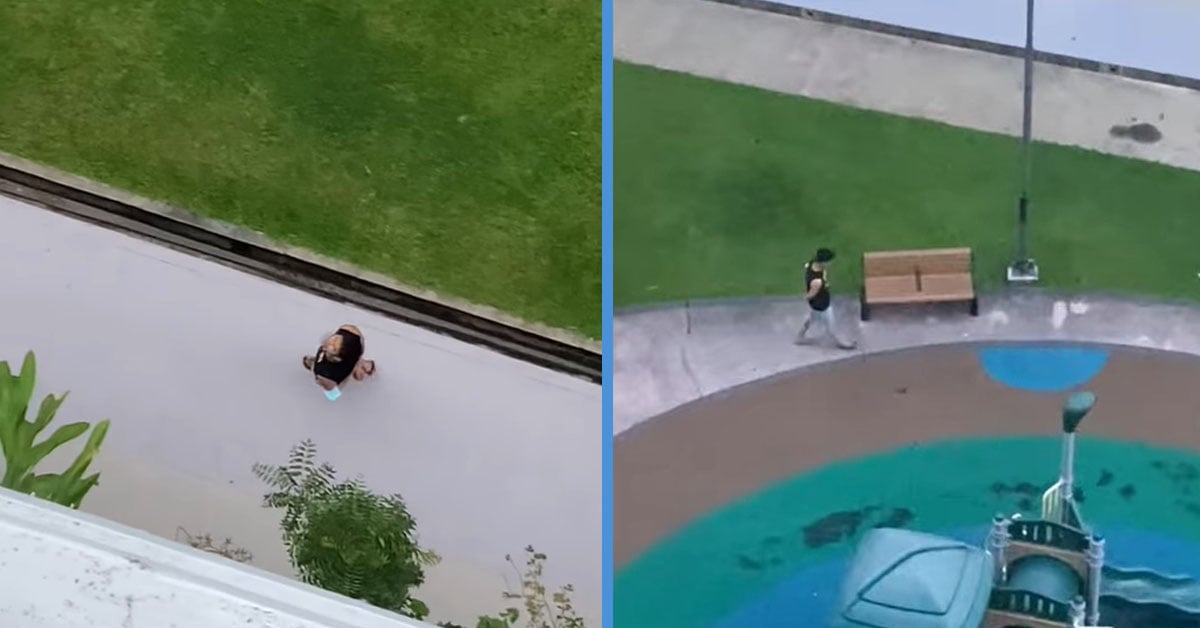I’ve always loved futuristic, sci-fi movies for their hyper-intelligent robots and AI.
I also love movies wherein robots become way too smart for their own good and take over the human race. But that’s a story for another day.
Right now, we’re only at the first stage: really smart technology.

SFA Looking To Use High-Tech Surveillance To Reduce Food Poisoning Cases
The Singapore Food Agency (SFA) has had it up to here with food poisoning.
So one day, they sat together and decided, hey, why not we use smart technology to track the entire food handling process?

Good idea B1. Let me give you the low down.
The SFA is planning to set up an experimentation laboratory to explore the use of smart technologies like augmented and virtual reality, Web-connected devices known as the Internet of Things and video analytics to promote food safety.

Say what.
Okay, let me translate that for you into simple England.
Some ideas that SFA is considering include a real-time surveillance system that can detect and notify you if there’s unhygienic food-handling practices.
The other is Web-based monitoring of food warmers at economy rice stalls.
What they’re basically trying to achieve is to make use of technology in every stage of the food handling process to minimise cases of food poisoning, which experts have agreed will work.
Hawkins The Lab
Earlier, I explained that SFA will set up a lab.
It will develop and test a video surveillance and analytics system which can automatically detect at least 15 unhygienic and unsafe food-handling practices, and unusual or suspicious behaviour.
These also include not washing hands after using the toilet.
Okay, I have to admit that this is getting a bit freaky. But wait, it gets worse.
There’s also a facial recognition system which will be able to identify the culprit and alert users using a mobile app.
These measures are getting pretty serious, but why?
73% Increase In Food Poisoning Cases Last Year
SFA has revealed that there was a whopping 73% increase in the number of food poisoning cases last year.

In response to this, SFA has said that there might be an introduction of new rules that make it compulsory to install closed-circuit television (CCTV) cameras in food establishments.
This includes monitoring food preparation and handling at restaurants and central kitchens.
Restaurant Association of Singapore president Vincent Tan told The Straits Times, “The use of CCTVs allows firms to better monitor food and service operations, take swift action when issues are detected and trace incidents if disputes occur.”
These are pretty drastic measures, but if the reason for this is because of a drastic increase in food poisoning cases, I believe it is warranted. Do you?



